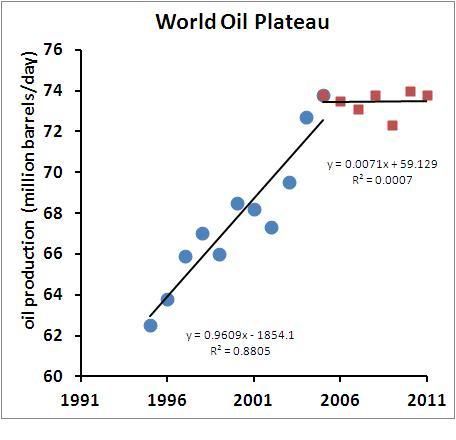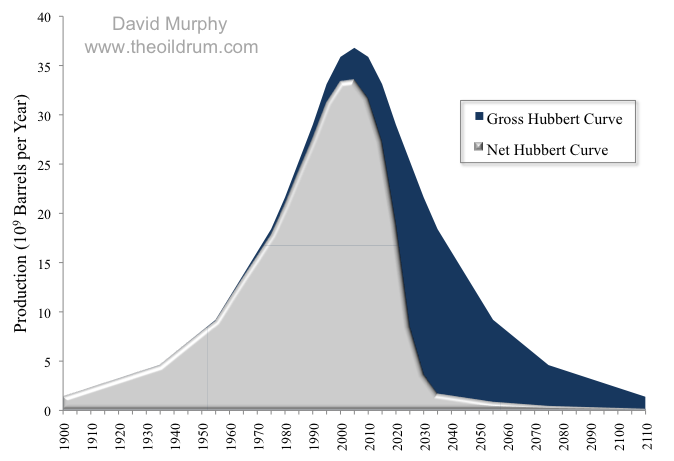John Michael Greer’s weekly blog, The Archdruid Report always strikes deeply into the heart of industrial society. I’ve read a number of Greer’s non-fictional musings on the de-industrial future, including Not the Future We Ordered, The Ecotechnic Future, The Long Descent, and The Wealth of Nature (an obvious corrective to Adam Smith’s The Wealth of Nations, and desperately needed gravity boots for “free-market” moonwalkers). If the spiraling crises of our time were a hurricane, then Greer’s projections might well form the central tendency of the cone of probability for landfall. His latest work titled Star’s Reach is a fictional account that imagines humanity’s next phase of de-industrial living.
Star’s Reach takes place several hundred years in the aftermath of global industrial collapse. The former continental United States has since broken apart into smaller regional states and allegiances by several bloody civil wars. In the current regional quasi-stability, the reader encounters both the post-industrial wreckage and recovery of civilization through the eyes of a senior apprentice of the ruinmen’s guild that scrapes out a hazardous living salvaging pre-extracted and refined materials conveniently left in ruins on the Earth’s surface by the industrial past. Because these resources were previously extracted to the energetic limits of industrial society, the ruins essentially represent the last resources of their kind to be extracted. In this low energy future, industrial complexity and the excesses of fossil-fueled growth have been severely pruned back, and life has re-proliferated more modestly along more pre-industrial, somewhat Medieval/Mercantilish arrangements.
Chastened by a mass die-off, a renewed, conservative reverence for Mother Nature has supplanted the heedless zealotry of the Myth of Infinite Progress, which left a wake of environmental destruction in the forms of catastrophic climate change, plague, uncontrolled nuclear meltdowns, and a toxic legacy of developmental and DNA derangements, resulting in high mortality rates and widespread hermaphroditism. A reversion to matrilineal primacy is further evident in the politically powerful and tightly controlled sorority exclusive to women able to give viable, normal birth; as well as in the guild of Priestesses that lay down the law on activity Ma’m Gaia permits and what she forbids, such as the unapproved burning of fossil fuels (punishable by death); not to mention the female President of Meriga who has kept further civil wars at bay for the past 40 years.
De-industrial life, trimmed back and ordered at lower complexity, having more conservative cultural sensibilities, and simpler pleasures, remains harder and less plentiful than before TEOTWAWKI. And it may not be improving. As with all finite resource problems, even the ruinmen, and thus society at large, face diminishing returns after having picked the low hanging fruit of industrial salvage. Further, vast amounts of valuable knowledge had been lost during the centuries of cascading, catabolic collapse, so one of the (typically illiterate) ruinman’s skills includes rescuing disintegrating written materials, the value of which is initially ascertained by freelance “failed scholars” hired by ruinman guilds before being sent to remnant universities for transcription, cataloging, preservation, interpretation, and any selective diffusion.
The story itself begins when our half-literate ruinman apprentice nearly becomes “reborn” into Ma’m Gaia’s embrace upon unearthing his masterwork, a tangible written clue to the existence of a legendary industrial project known as Star’s Reach, a clue he can use to either lay claim to the site as his own dig, if it actually exists and he can find it, or which he can surely sell for substantial lifestyle changes. In taking the gamble, our newly-minted Mister takes on his own apprentice (full of surprises, that kid!), and embarks on a Hobbity adventure that attracts a socially cross-sectional cast of characters whose unfolding motivations collectively reveal an underlying societal tension between post-collapse cultural humility and the human urges for progress and power. In addition to touring post-collapse American landscapes and customs (we still drink, cuss and privately stuff fuzzy little rabbits in one another’s ears in the future) THERE ARE IMPORTANT MESSAGES OUT THERE WAITING FOR YOU. There may also be a guild or two you haven’t heard of. Now that’s a darn good tale!
P.S. If you’re looking for some despairing, forlorn, gritty and hopeless post-apocalyptic, graphic nightmare of a yarn, Star’s Reach is definitely not that book. It is a far cry from The Road.





